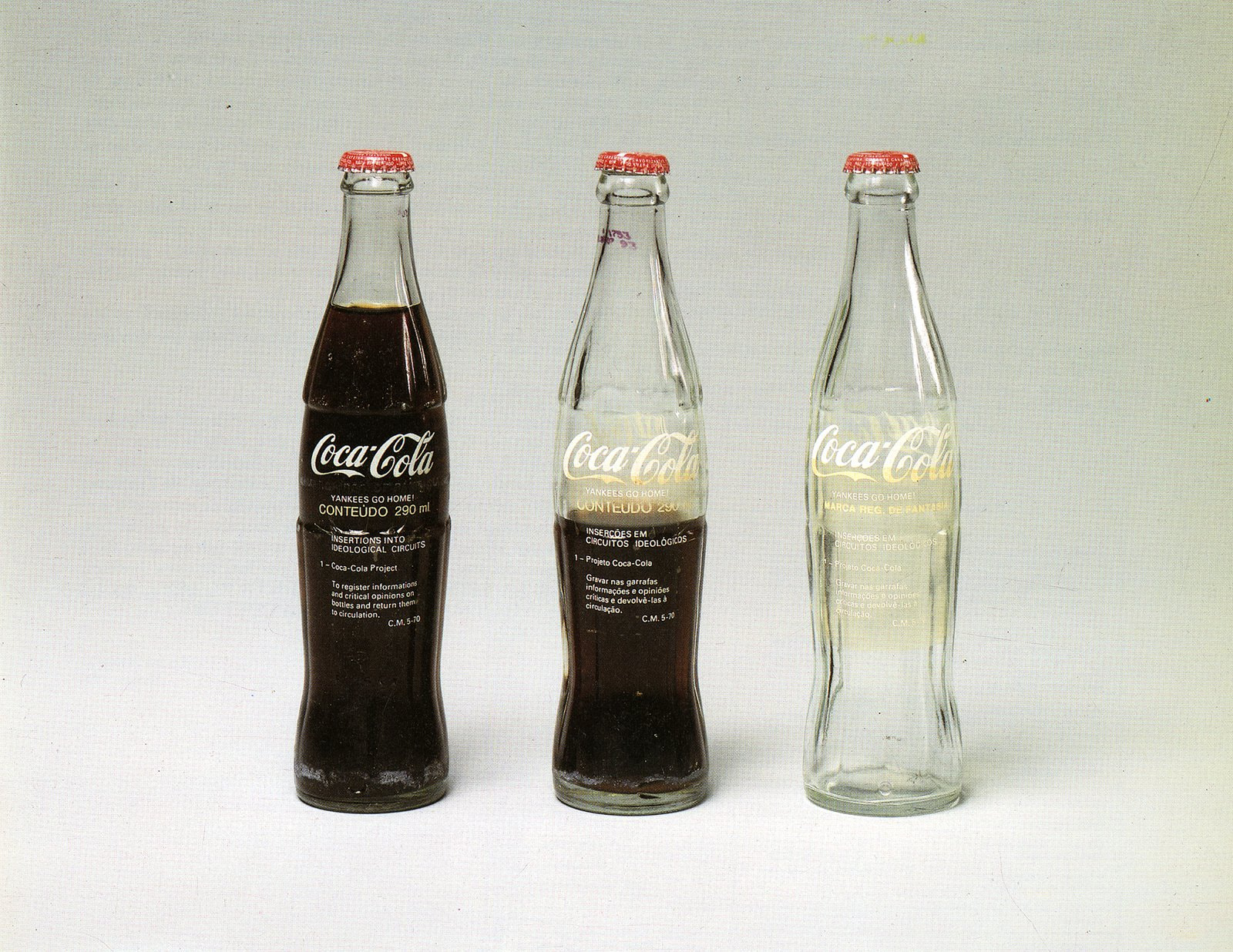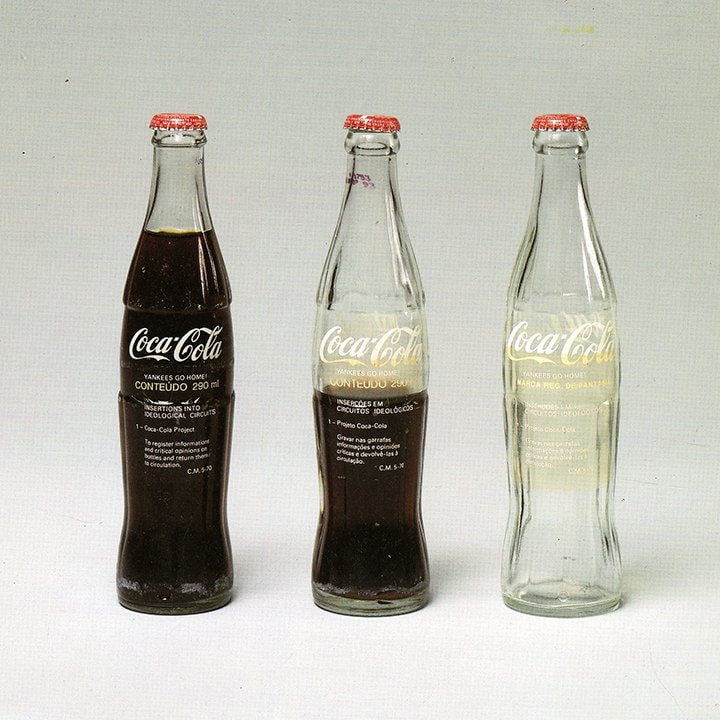Claudia Calirman will discuss how in Brazil of the 1960s and 1970s rebellious artists created works that were ethically and politically significant, while not necessarily aligning with any form of dogmatic ideology of the left or the right.
As incidents of visual art censorship accumulated, innovation became necessary, with artists developing more indirect modes of expression, appropriating the strategies of urban guerilla groups and performing quick actions outside art institutions. In the absence of any explicit criteria regarding the government’s repression of the visual arts, and fearing persecution, which was often exercised arbitrarily and without warning, many artists lived in a state of self-imposed censorship. They had to decipher and define for themselves the boundaries between the permissible and the forbidden. What kind of archival materials were available to preserve their works? How can one reconcile a political agenda with artistic innovation in countries under censorship?

